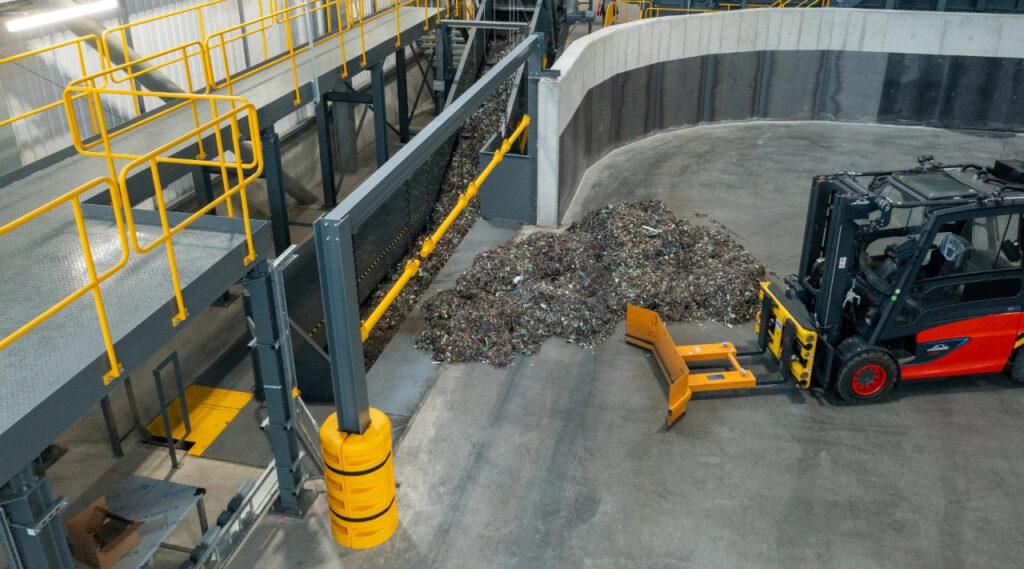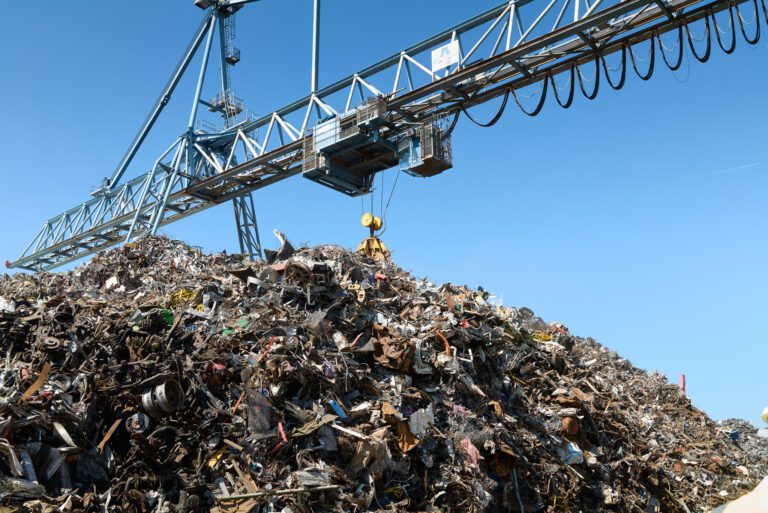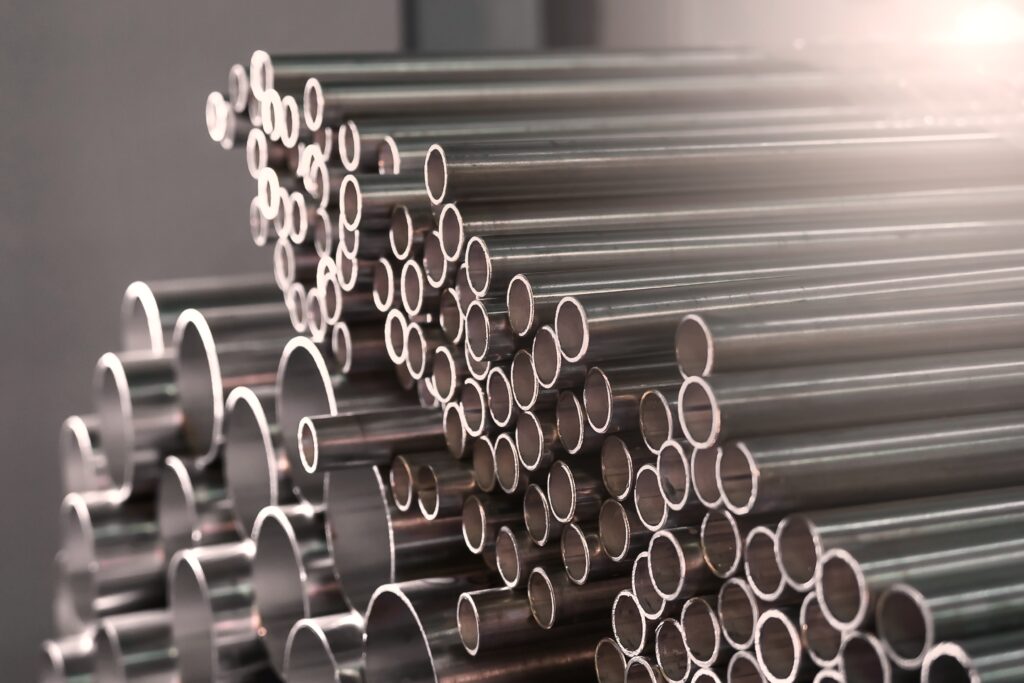And, while this represents an increase from the 48% figure achieved by the UK in 2006, it still ranks well below the top figure of 92% reported in 2007 by Norway and Iceland, and 91% claimed by Belgium, Luxembourg, Germany and Sweden.
In light of this, Rick Hindley, executive director of the UK aluminium packaging recycling body Alupro said: “Given the system we have in the UK, 52% is a pretty good rate for what is 100% consumer packaging.”
He added that it compared favourably to the consumer recycling rates achieved for other packaging materials in the UK, such as plastics.
Commenting on the results, the EEA said: “While the Northern European deposit schemes maintained or even increased their high recycling levels, countries with mixed waste and separate metal packaging waste collection schemes further improved as well due to better collection and innovative sorting and recycling techniques.”
It added: “EAA strongly recommends authorities and waste management operators to invest more in the latest available sorting and recycling technologies as pay-back times are relatively short given the high scrap value of well sorted aluminium, even in difficult economic times.”
Across Europe as a whole, the 70% recycling rate is the same as for 2006, though the recycling rate in Western Europe increased from 57.7% to 61.8%.
The statistics also show that aluminium increased its market share of the European beverage can market between 2006 and 2007 – from 68% to 70% – and that the total number of aluminium cans consumed across the continent rose from 28.3 billion to 32 billion – though in the UK its market share remained at 78%.
UK
UK recycling rates for aluminium packaging – of which cans represent the majority – have traditionally been below those for other forms of packaging.
In a bid to address this, Alupro began the 'Every Can Counts' initiative in February 2009 in a bid to increase the amount of cans that are recycled outside the home (see letsrecycle.com story).
However, according to Alupro, the UK still recycled 52% of aluminium UBCs in 2008, and it is not yet clear how much impact the initiative has had on this figure.
As a result of this, Defra last week identified aluminium as a priority material in its Packaging Strategy, explaining that it would focus on: boosting collection at work; increasing council foil and can collections; investing in on-the-go collection infrastructure; and examining the possibility of banning aluminium from landfill (see letsrecycle.com story).
In the strategy it is mentioned that Alupro aiming to encourage another 60 councils to introduce collections of foil, though concerns had been raised about a lack of markets for the material – with the one of the UK largest end-markets for foil, Novelis, currently not accepting it.
However, Mr Hindley said: “What it has done is open up new markets, the price paid for aluminium foil is higher than it has been for a number of years.”









Subscribe for free